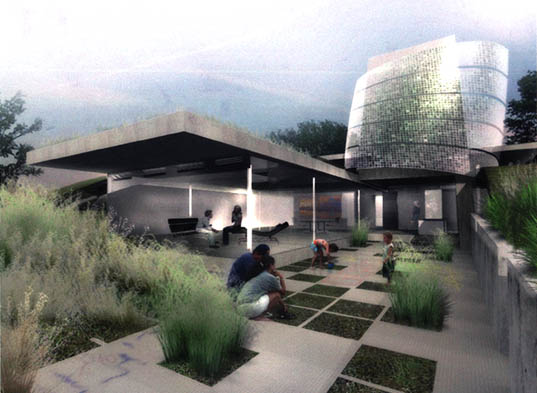Important! Why Carbon Sequestration Won't Save Us
July 31, 2006 09:10 AM - Michael G. Richard, near Ottawa

Carbon sequestration, also known as geosequestration, seems like a good deal. "Have your carbon cake and eat it too." In principle, it works this way: You capture CO2 emissions at the source before they are released into the atmosphere, compress them until they become liquid and then inject them in deep underground holes. What could be simpler? It certainly sounds like a good tool to fight global warming while enjoying the Earth's huge coal reserves.
I used to think that it would indeed be one of the many solutions used to save ourselves from catastrophic climate change, but not anymore. In fact, I now think that it might be a counter-productive red herring. What has made me change my mind? What's the problem? Read on, please.
Tim Flannery, in his highly recommended book The Weather Makers, dedicates a chapter to engineering solutions to global warming. In it, he gives an overview of carbon sequestration technology, the problems that have to be solved before it can work, and what the coal industry has been doing so far.

Here are the problems in order:
First, from the smokestack:
The stream of CO2 emitted there is relatively dilute, making CO2 capture unrealistic. The coal industry has staked its future on a new process known as coal gasification. These power plants resemble chemical works more than conventional coal-fired power plants. In them, water and oxygen are mixed with the coal to create carbon monoxide and hydrogen. The hydrogen is used as a fuel source, while the carbon monoxide is converted to a concentrated stream of CO2. These plants are not cheap to run: around one-quarter of the energy they produce is consumed just in keeping them operating. All indications suggest that building them on a commercial scale will be expensive and that it will take decades to make a significant contribution to power production.
So about 25% of the energy they make is used just to keep them operating, they are more expensive and it will take decades (an amount of time we don't have) before they make a significant contribution. Meanwhile, old coal power plants have an average lifetime of 60 years.
Etiquetas: Global Warming














